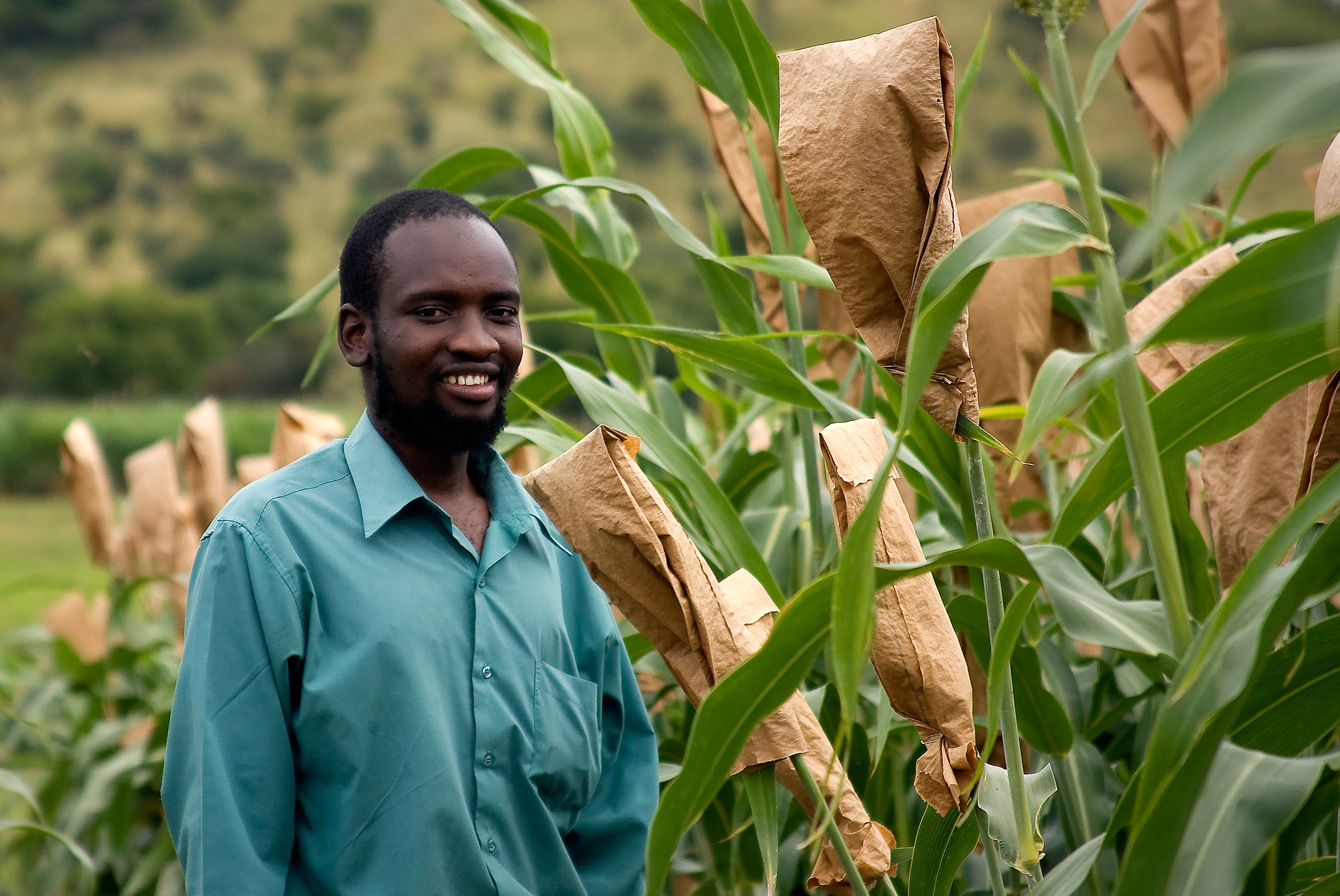radicalthought.org – Agriculture has been the backbone of Zimbabwe’s economy, providing livelihoods to a significant portion of its population. However, the sector has faced numerous challenges, including climate variability, limited access to modern farming techniques, and the need for sustainable practices. This article explores the transition from traditional to modern agricultural practices in Zimbabwe, highlighting the government’s efforts, the challenges faced, and the potential for sustainable development.
Government Initiatives and Policies
The Zimbabwean government has been actively involved in formulating and implementing policies aimed at transforming the agricultural sector. These policies focus on sustainable agriculture development and rural transformation, recognizing the importance of modernizing farming practices to enhance productivity and resilience against climate change.
Sustainable Agriculture Development
The government’s approach to sustainable agriculture development involves integrating modern technologies and practices that are environmentally friendly and economically viable. This includes the adoption of climate-smart technologies, which are crucial for boosting agricultural production and ensuring food security in the face of climate variability.
Rural Transformation
Rural transformation policies aim to improve the living standards of smallholder farmers by providing them with access to modern farming techniques, financial services, and market opportunities. This is essential for enhancing their productivity and resilience, thereby contributing to the overall economic growth of the country.
Challenges in Adopting Modern Practices
Despite the government’s efforts, the transition from traditional to modern agricultural practices has been fraught with challenges. Many rural farmers find it difficult to adopt new farming techniques due to a lack of knowledge, financial constraints, and cultural practices that favor traditional methods.
Knowledge and Training
One of the significant barriers to the adoption of modern agricultural practices is the lack of knowledge and training among rural farmers. There is a need for comprehensive training programs that educate farmers on the benefits and techniques of modern farming, including the use of climate-smart technologies.
Financial Constraints
Financial constraints are another major challenge. Many smallholder farmers lack the resources to invest in modern farming equipment and technologies. This limits their ability to adopt practices that could significantly increase their productivity and income.
Cultural Practices
Cultural practices also play a role in hindering the adoption of modern agricultural practices. Traditional farming methods are often deeply ingrained in the culture and are favored over modern techniques due to familiarity and perceived effectiveness.
The Role of Agroecology
While traditional agricultural practices have their merits, they are not sufficient to transform African agriculture, including that of Zimbabwe. Agroecology, which emphasizes sustainable farming practices that mimic natural ecosystems, is often seen as a dead end for Africa because most African agriculture already follows its principles.
The Need for Modernization
The argument for modernizing agricultural practices in Zimbabwe is not about abandoning traditional methods but about integrating modern technologies and practices that can enhance productivity and sustainability. This includes the use of climate-smart technologies, which are essential for adapting to climate change and ensuring food security.
Conclusion
The transition from traditional to modern agricultural practices in Zimbabwe is crucial for the sustainable development of the sector. While challenges such as knowledge gaps, financial constraints, and cultural practices pose significant obstacles, the government’s initiatives and policies provide a framework for overcoming these hurdles. By focusing on sustainable agriculture development and rural transformation, Zimbabwe can enhance its agricultural productivity, improve the livelihoods of its farmers, and ensure food security for its population.
